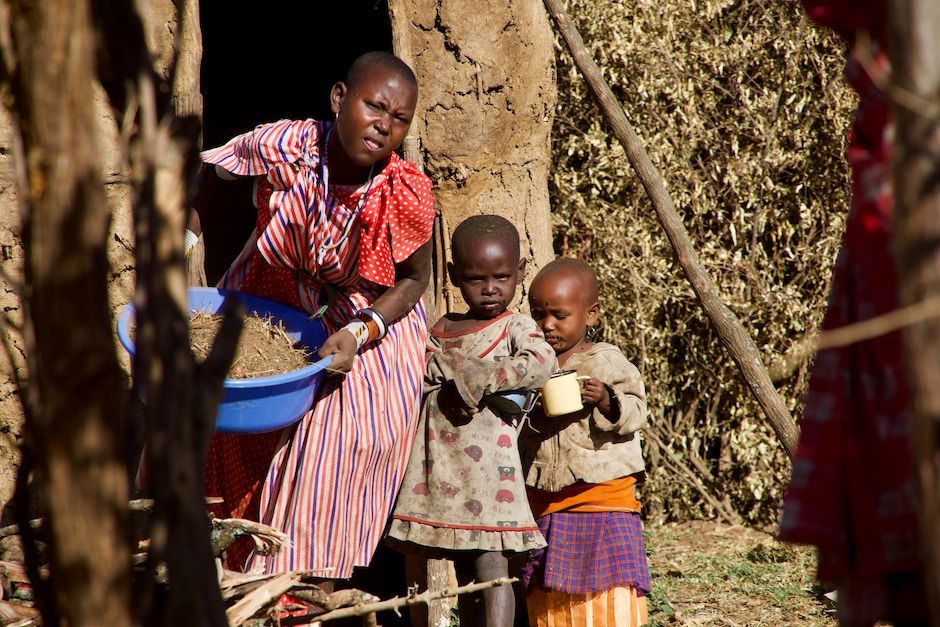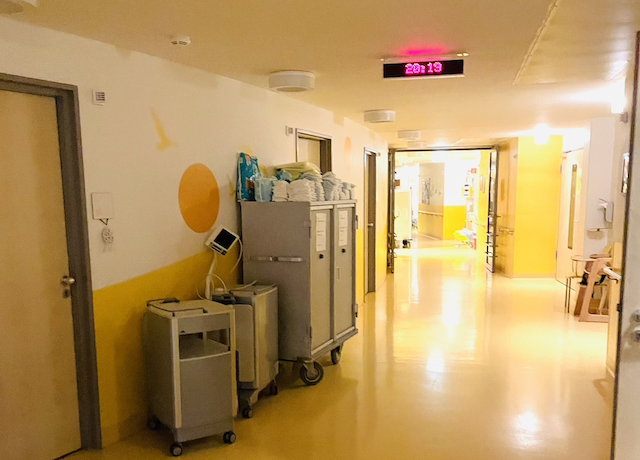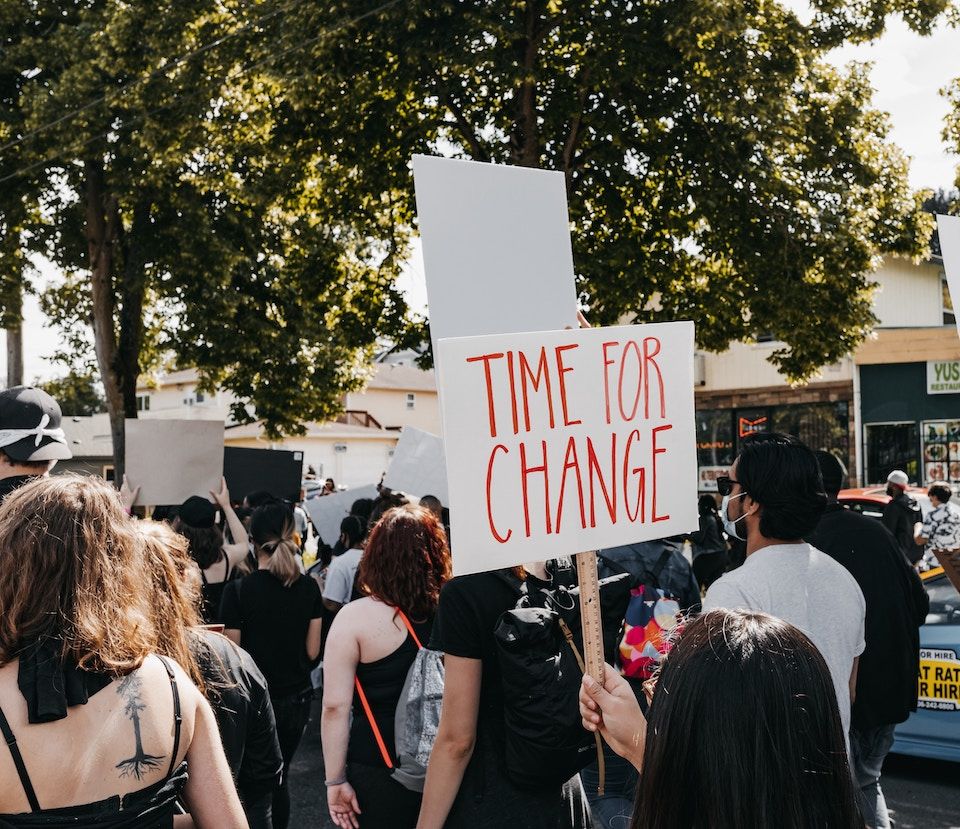UN Conference Aims to Combat Hunger in Africa with $2.4 Billion
Millions of people in the Horn of Africa are suffering from severe shortages of essential resources such as food, water, and medicine. In an effort to alleviate their suffering, the United Nations (UN) has secured pledges totaling $2.4 billion at a donor conference held in New York. However, it is uncertain whether this amount will be sufficient to address the magnitude of the crisis.
The Crisis in the Horn of Africa:
According to the UN, millions of people in the Horn of Africa region are facing multiple crises. Drought, conflicts, and economic downturns have left them vulnerable and in urgent need of assistance. The UN's conference aimed to gather financial support to address the challenges faced by countries such as Kenya, Ethiopia, and Somalia. The funds will be allocated towards providing food, water, medicine, shelter, and other humanitarian aid to more than 30 million individuals affected by the crisis.
Financial Support and Challenges:
The UN and its partners estimate that a total of $7 billion is required this year to implement comprehensive relief measures in the region. The ongoing conflicts in Sudan have further destabilized the area, as stated by UN Secretary-General António Guterres. Urgent action is needed to prevent the crisis from escalating into a catastrophe.
 Photo by Magdalena Kula Manchee
Photo by Magdalena Kula Manchee
A three-year drought, coupled with food shortages, has resulted in severe hunger for millions of people across the three countries. The rates of mortality and malnutrition have reached unacceptable levels. Successive crop failures and high transportation costs have led to a significant increase in food prices. Guterres emphasized that the people in the Horn of Africa are paying a heavy price for a climate crisis they did not cause, stressing the importance of solidarity and immediate action to secure their survival.
The latest UN conference held in New York has successfully raised $2.4 billion to support the Horn of Africa region. The funds are intended to provide essential assistance to millions of people suffering from drought, conflicts, and economic crises. However, considering the magnitude of the challenges faced, it remains uncertain whether this financial support will be sufficient to address the crisis comprehensively. The UN and its partners estimate that a total of $7 billion is required to implement effective relief measures. Immediate action is crucial to prevent the situation from deteriorating further. Additional international support and ongoing efforts are necessary to provide sustainable solutions and hope for the future of the affected population.
It is important for the global community to recognize the underlying causes of such crises, including climate change, and take collective responsibility to address them. By implementing long-term strategies, investing in sustainable development, and promoting resilience-building measures, we can strive to prevent similar humanitarian crises from recurring in the Horn of Africa and other vulnerable regions worldwide.
Source: Spiegel Ausland





